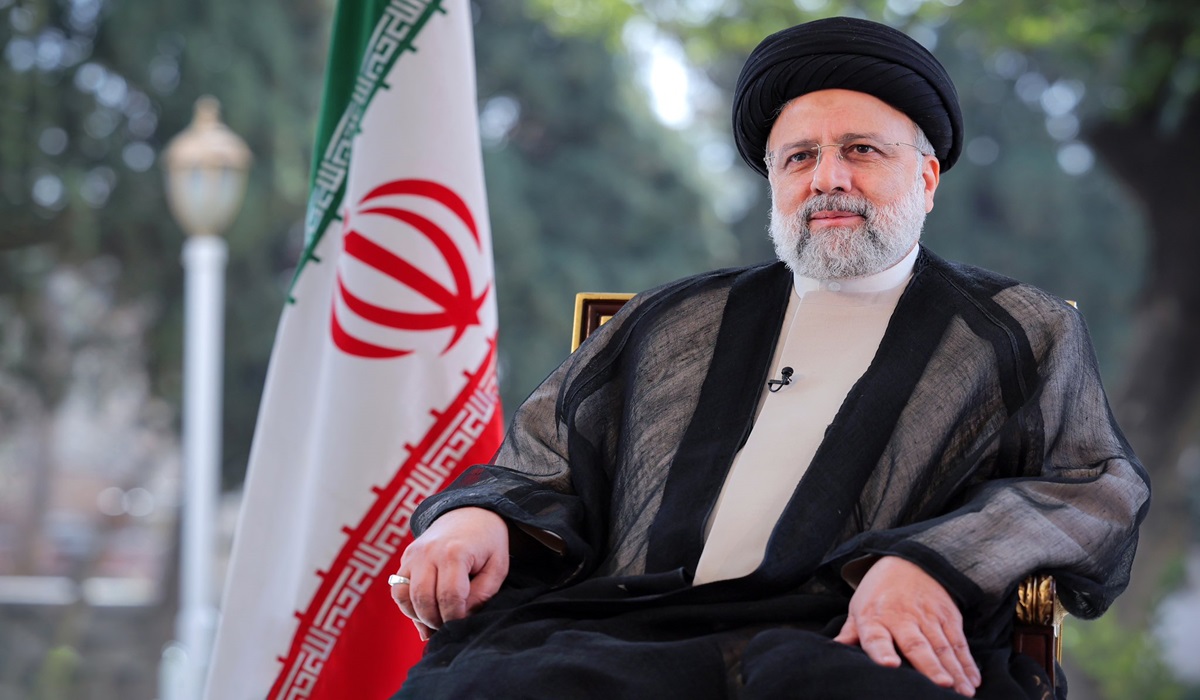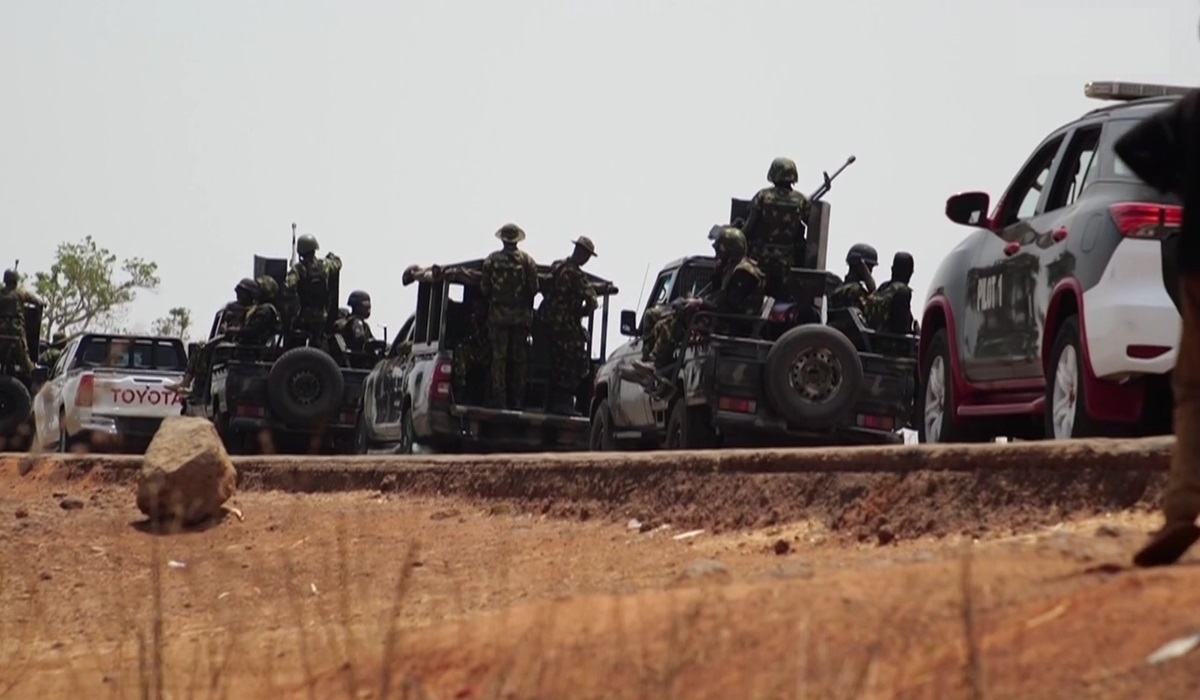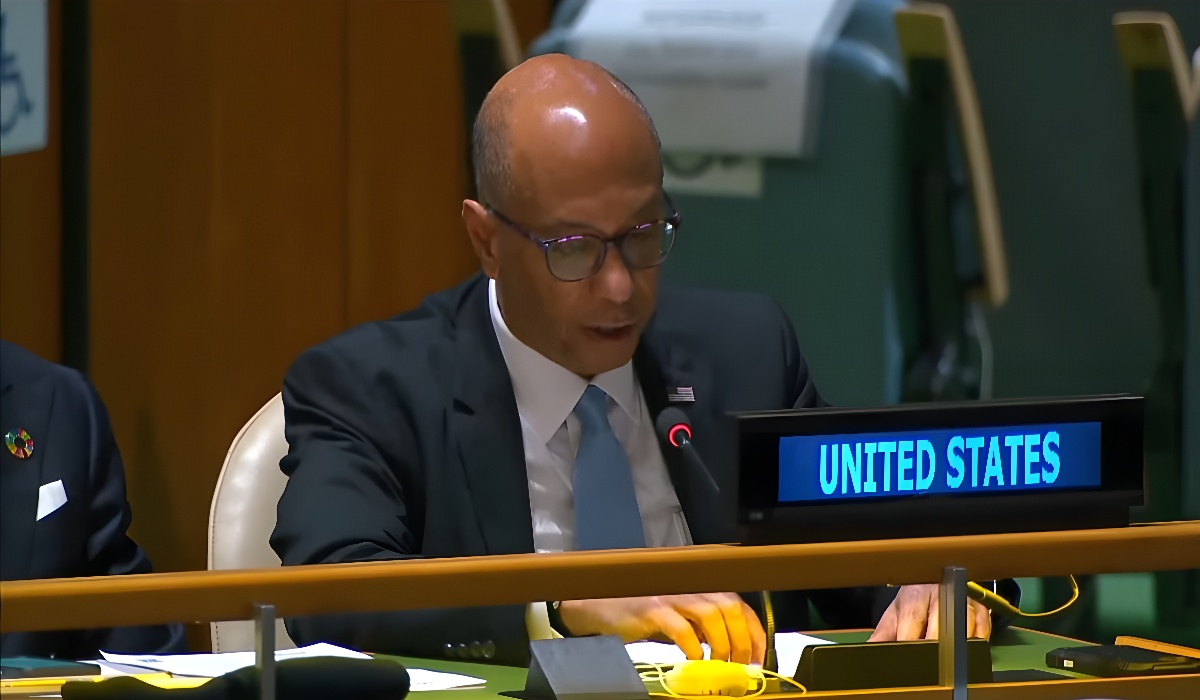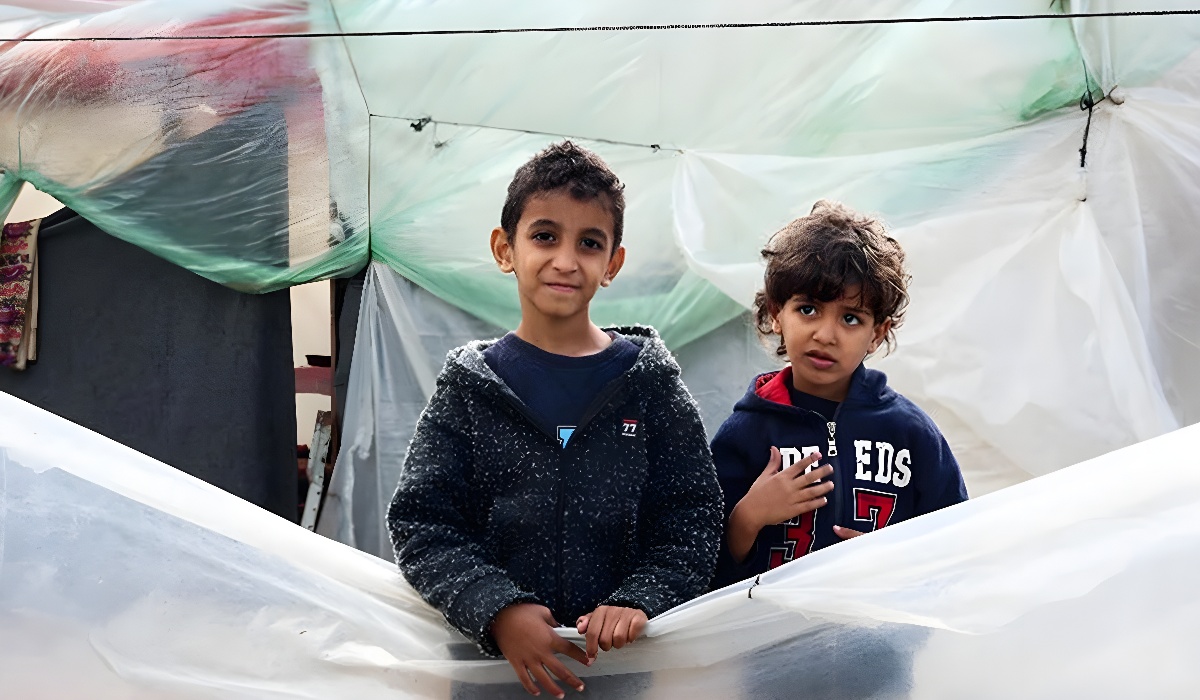The Diminishing Influence of Superpowers in Middle East Diplomacy
- TDS News
- Breaking News
- November 6, 2023
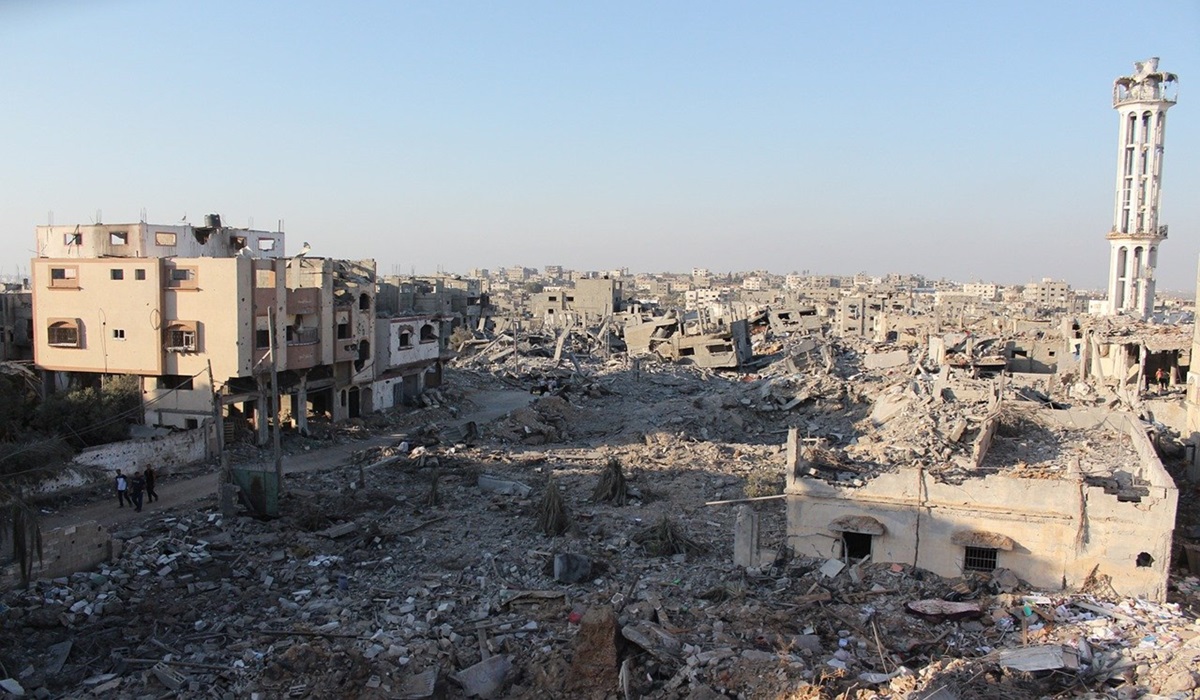
Military might often dictate international affairs, but it’s disheartening to observe that the quest for peace, especially in the Middle East, appears increasingly elusive. As we investigate further into the stark realities, it becomes evident that even those who wield the most military power struggle to bring about a ceasefire in the region. The recent failures of diplomatic missions, including those led by President Biden, the US Secretary of State, leaders of the Arab Summit, and envoys from Germany, France, and the UK, paint a troubling picture.
The Middle East has been a hotbed of turmoil for decades, with numerous stakeholders vying for dominance and influence in the region. In this complex geopolitical landscape, the United States, as a global superpower, has often played a pivotal role. President Biden’s recent visit to the Middle East, with the hope of securing a ceasefire, was met with disappointment. Despite his considerable military strength and historical influence, they could not broker a cessation of hostilities. This inability to facilitate peace raises questions about the extent of power and influence in the contemporary world.
To underscore the gravity of the situation, even the leaders of the Arab Summit chose to uninvite President Biden, a move that was undoubtedly a diplomatic slap in the face. The same fate befell the US Secretary of State, Anthony Blinken, who embarked on a tour of the Middle East but also failed to secure a ceasefire. These developments underline the stark reality that the traditional power dynamics and methods of diplomacy are shifting, and the United States may no longer possess the influence it once did in the region.
The lack of progress is not limited to American diplomats. Canadian Foreign Affairs Minister Melanie Joly embarked on a similar mission but faced the same outcome. The inability of nations like Canada, which have traditionally played a role in peacekeeping missions, to make a substantial impact underscores the complexities of the Middle East conflict. Even envoys from major European powers, including Germany, France, and the UK, faced similar failures in their attempts to mediate a truce. These collective failures point to the larger systemic issues at play.
So, what does this mean for countries that supply their allies in the Middle East with weapons and financial support? If even these major powers can’t secure a ceasefire, how much influence do they genuinely hold over the conflict? The Middle East, like the rest of the world, is changing, and the balance of power is shifting. The traditional idea that those with military might can bring an end to the fighting is, at times, disheartening when you consider why they are introjecting themselves in the affairs of other nations.
The grim reality of this situation is that while these political operatives may publicly express their desire for peace, they cannot call for a ceasefire effectively. Those leaders who take a stance are often hesitant, fearing the potential political consequences, such as losing their office or pension. The status quo is becoming increasingly cumbersome, and it demands reevaluating the approach to resolving conflicts in the Middle East.
The Gaza Strip is a harrowing reminder of the human cost of this inability to put an end to war. The world is fatigued by witnessing the deaths of Palestinian children, the destruction of hospitals, and the relentless exchange of rockets between Israel and Hamas. Hostages are taken from their families, and the world watches as they scream for help and support. The cycle of violence continues, claiming the lives of innocent Palestinians and Israelis, depriving them of the opportunity to fulfill their potential and aspirations.
The politicians who often serve as the puppet masters in this tragic theater could, in all honesty, have put an end to this war long ago. If they genuinely wanted an end to the war, they could have achieved it, not tomorrow, not today, but right now. Negotiations inevitably involve compromises, where no one gets everything they desire. But peace should be the common goal, a shared aspiration that transcends political and ideological boundaries. It is a simple concept that the world seems to have forgotten amidst the chaos.
The issue is a tapestry of complexities and historical grievances, but should it? However, it should be crystal clear that people are suffering, and they deserve a chance at happiness. Despite the narratives, at the core of this conflict are lives being lost, and that should be motivation enough to seek an end to the fighting.
Ultimately, we must examine the situation from a non-partisan perspective and consider the overarching goal of alleviating suffering in the Middle East. Regardless of one’s political affiliation, nationality, or personal beliefs, the pain in this region should unite us. The evolving power dynamics and the collective failure to secure a ceasefire in the Middle East highlight the need for a new approach to conflict resolution. The world has witnessed enough suffering and loss of life. It is time for leaders to set aside their political interests and work towards a more peaceful society. In a world where military might alone cannot bring about lasting change, it is the responsibility of global leaders to reevaluate their strategies and seek a path forward that can end the suffering in the Middle East.

